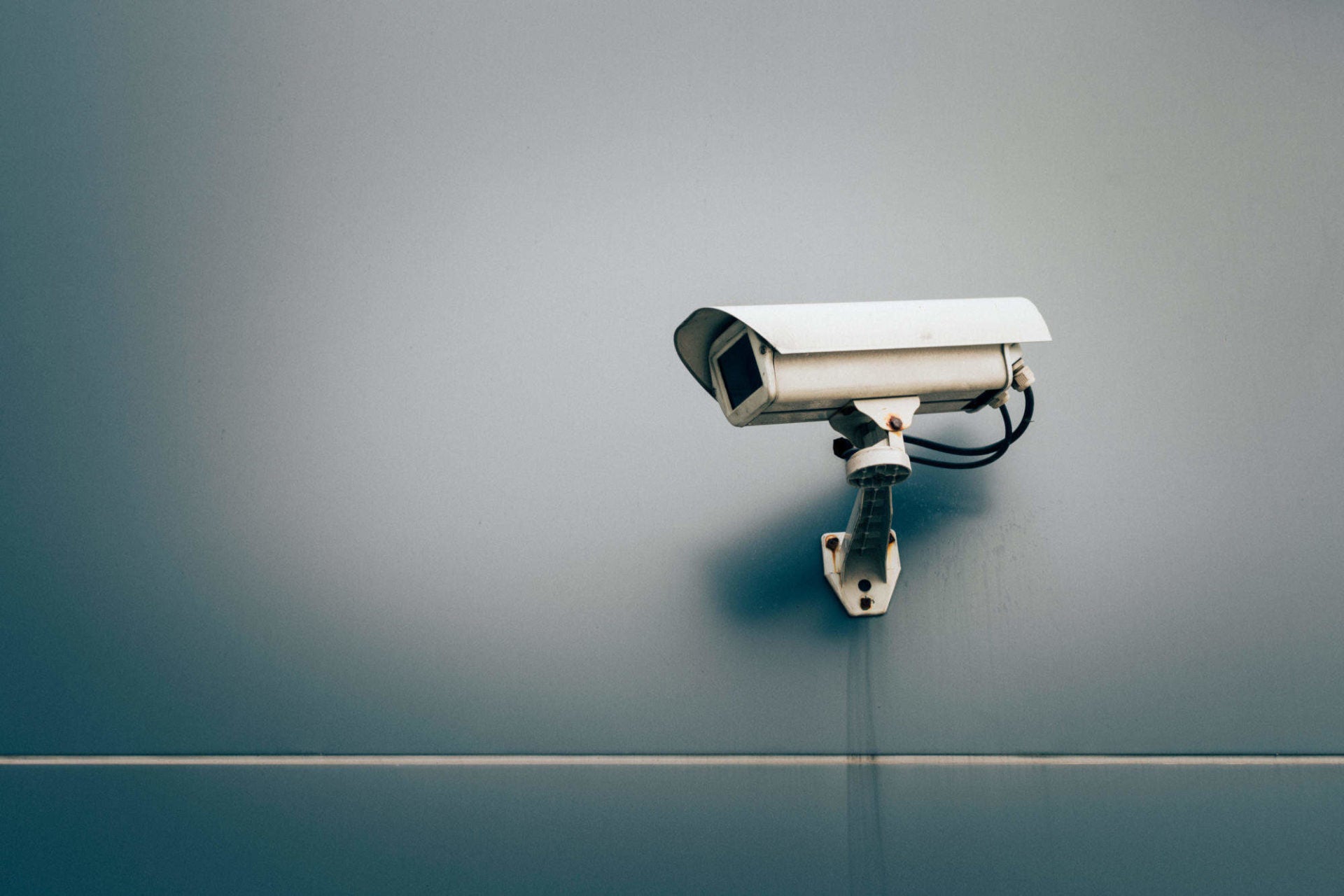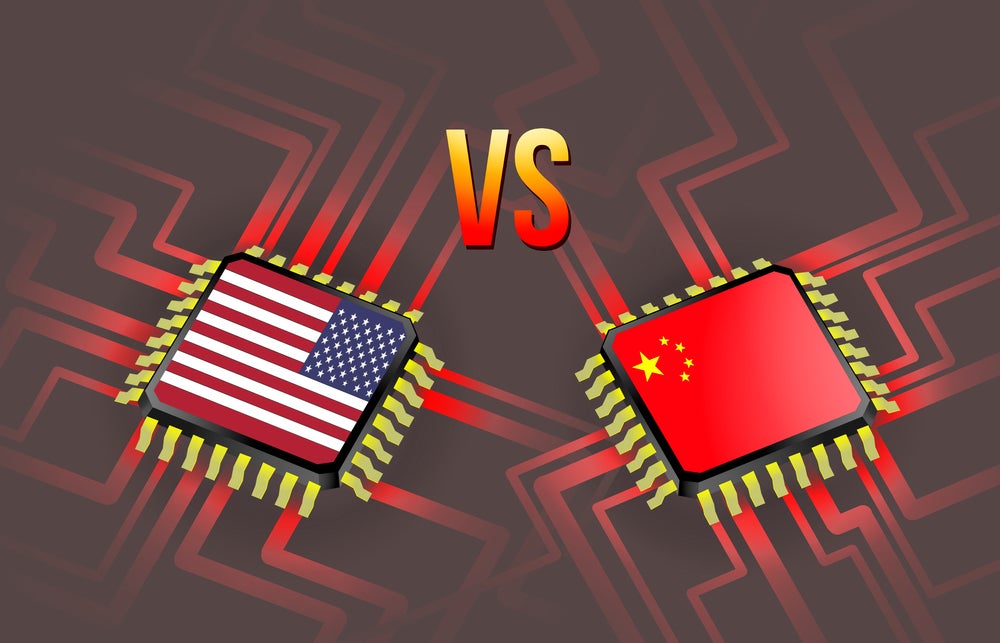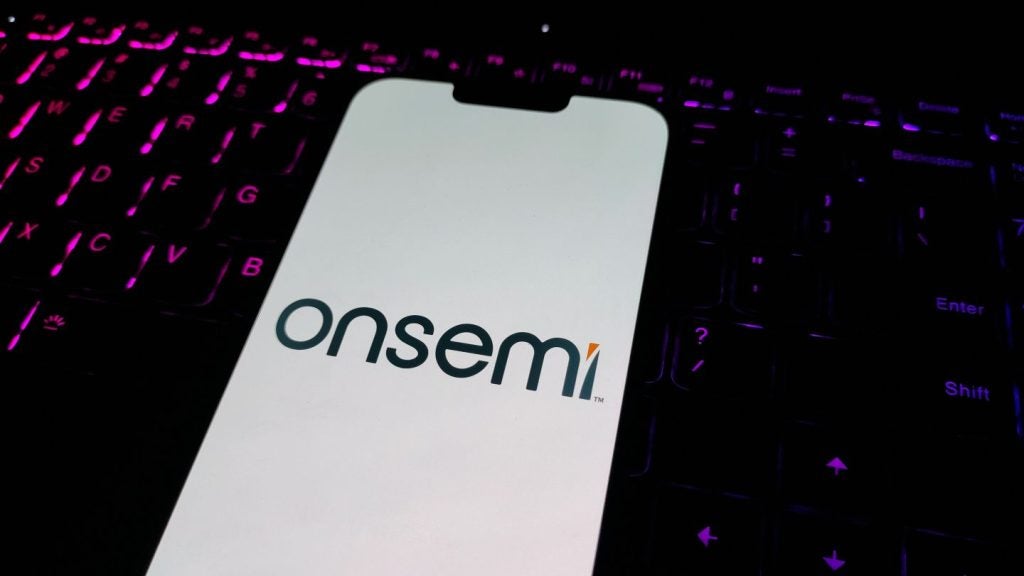
Amazon has announced a one-year ban on its facial recognition technology Rekognition, following criticism of its deployment by police forces.
Launched in 2016, Rekognition uses deep learning to identify objects, people, text, scenes, and activities in images and videos and has facial analysis and facial search capabilities.
In a brief statement, the company said that it has advocated for “governments should put in place stronger regulations to govern the ethical use of facial recognition technology” and that the year-long pause may give “Congress enough time to implement appropriate rules”.
However, the company will still allow organisations that help human trafficking victims and reuinte missing children with their families to use the technology, as well as commercial use.
Amazon has faced criticism over the past few weeks for selling its facial recognition technology to US police forces, while publicly supporting the Black Lives Matter movement.
The u-turn suggests that public pressure to renounce the use of the technology for this purpose has provided enough of an incentive for the company to act, with stocks rising by 2% following the announcement on Wednesday. This follows the annoucement of Amazon’s Q1 results last month, in which it reported revenue growth of 26% year-on-year.
However, the American Civil Liberties Union has called for the tech giant to commit to a blanket ban on the use of facial recognition by law enforcement, warning that the “threat to our civil rights and civil liberties will not disappear in a year” and should commit to ending partnerships that allow some US law enforcement agencies to access to video and audio footage recorded by Amazon Ring devices.
Furthermore, according to TechCrunch, Amazon has not confirmed whether the ban will apply to the use of facial recognition by federal law enforcement agencies.
Amazon, IBM and Microsoft all revise facial recognition offerings to police
Earlier this week, computing giant IBM also announced that it was stopping the development of facial recognition or analysis software. In a letter to US Congress, IBM CEO Arvind Krishna said that the company does not condone the use of facial recognition for “mass surveillance, racial profiling, violations of basic human rights and freedoms” and that an evaluation of the technology by law enforcement agencies should be reevaluated.
However, CEO of facial recognition software company Clearview AI Hoan Ton-That has said that the company will not be exiting the marketplace, referencing an independent study that shows that “Clearview AI has no racial bias” and saying that the technology will be used “only for after-the-crime investigations to help identify criminal suspects”.
Microsoft has also copied the move, issuing a ban of its facial recognition’s use by police agencies until there are regulations put in place.
Racial bias a serious concern for facial recognition
Facial recognition technology has come under fire for being less accurate in identifying people of colour when compared with white people, running the risk of individuals being misidentified, particularly concerning in a policing context.
According to a MIT research paper published in 2019, Rekognition was less accurate in identifying darker skinned women when compared with IBM and Microsoft’s facial recognition software.
Amazon has previously defended the use of Rekognition by police forces, with a statement by Amazon’s vice president of global public policy Michael Punke published in 2019 saying that it was a “powerful tool” for “law enforcement and government agencies to catch criminals, prevent crime, and find missing people”.
Last year, a group of Amazon shareholders wrote a letter to the company calling for Rekognition to no longer be sold to government agencies.
Paul Bischoff, Privacy Advocate at Comparitech.com, said that more regulation is needed.
“Amazon’s and IBM’s announcements about moratoriums on police use of face recognition is welcome news. At this critical moment in our history, now is not the time to empower police with the ability to identify protesters or restrict freedoms of movement and assembly,” he said.
“We need more regulation that stipulates how, when, where, and in what context police are allowed to use face recognition, and with whom the police can share face recognition data. Allowing police to purchase face recognition services without oversight could have serious consequences, both predictable and unforeseen. As our study found, the technology has an unintentional but clear racial bias, and improper use can result in high rates of misidentification.”
Read more: Amazon results see $4bn coronavirus outlay as tech giant sures-up long-term success.







